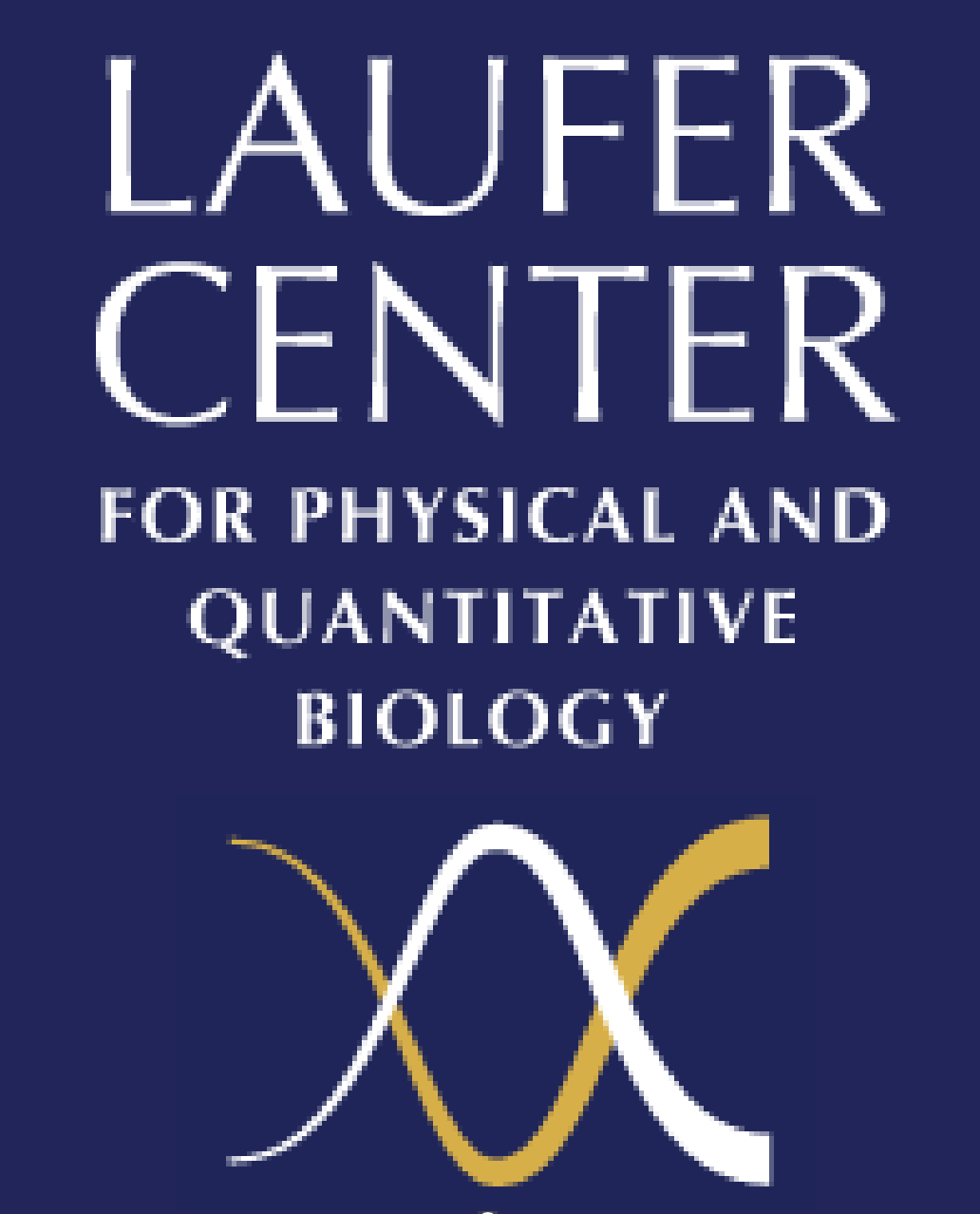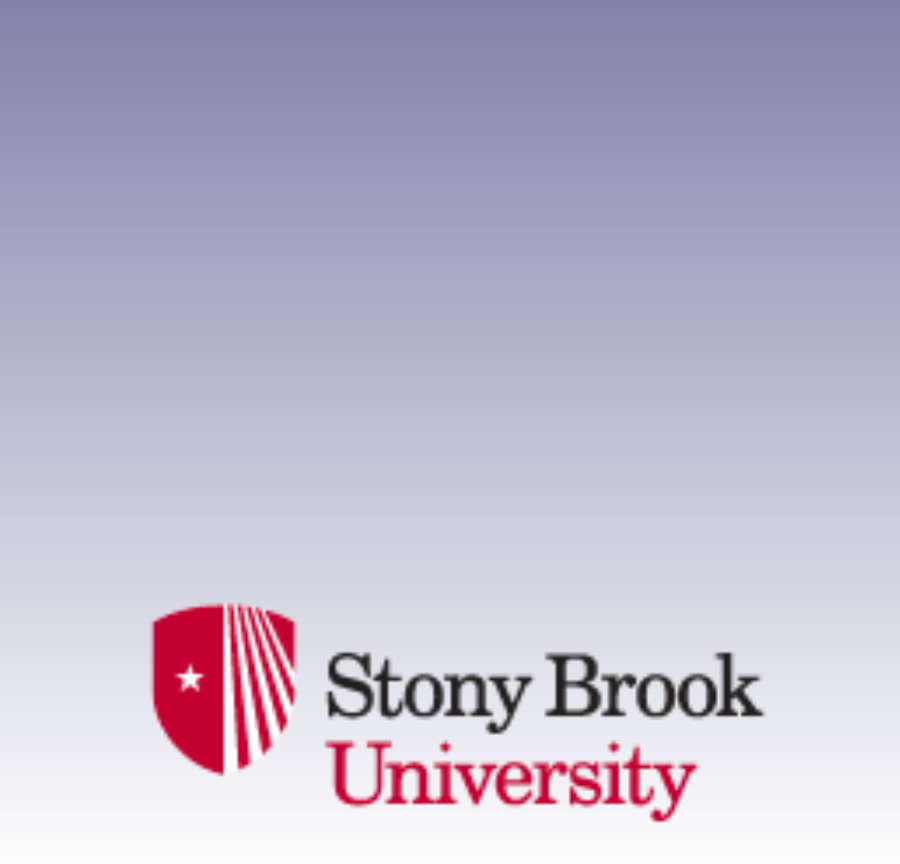PhD Students
 |
Carlos Ventura. Carlos Ventura is a second-year Ph.D. student in the Chemistry Ph.D. program, as well as an IMSD Merge scholar and Turner fellow. His research interest lies in the use of computational chemistry to help aid in the drug discovery process of developing new drugs for diseases as well as unraveling the intricate dynamics of proteins in understanding their evolutionary mechanisms of action. (Bahar lab) Program: PhD, Chemistry at Stony Brook University |
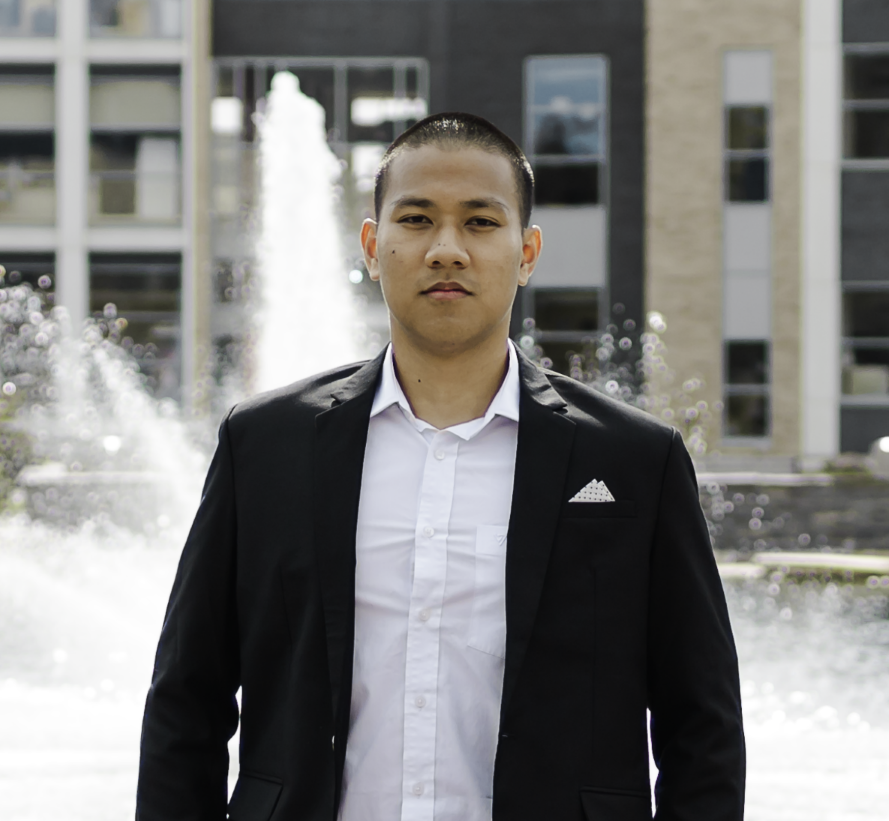 |
Hoang Nguyen. I am interested in studying protein structure and protein dynamics. Specifically, I employ ProDy tools to examine protein movement, protein conformation, and protein orthosteric/allosteric binding site. (Bahar lab) Program: PhD, Biochemistry and Structural Biology at Stony Brook University |
 |
Satyaki Saha. My research delves into unraveling the molecular intricacies of protein-protein and protein-drug interactions. Utilizing advanced computational techniques such as coevolution analysis, docking simulations, ENMs, molecular dynamics simulation, and drug discovery methodologies, I am passionate about predicting complex structures, gaining insights into dynamics and stability, and exploring novel avenues for therapeutic interventions. (Bahar lab) Program: PhD, Biochemistry and Structural Biology at Stony Brook University |
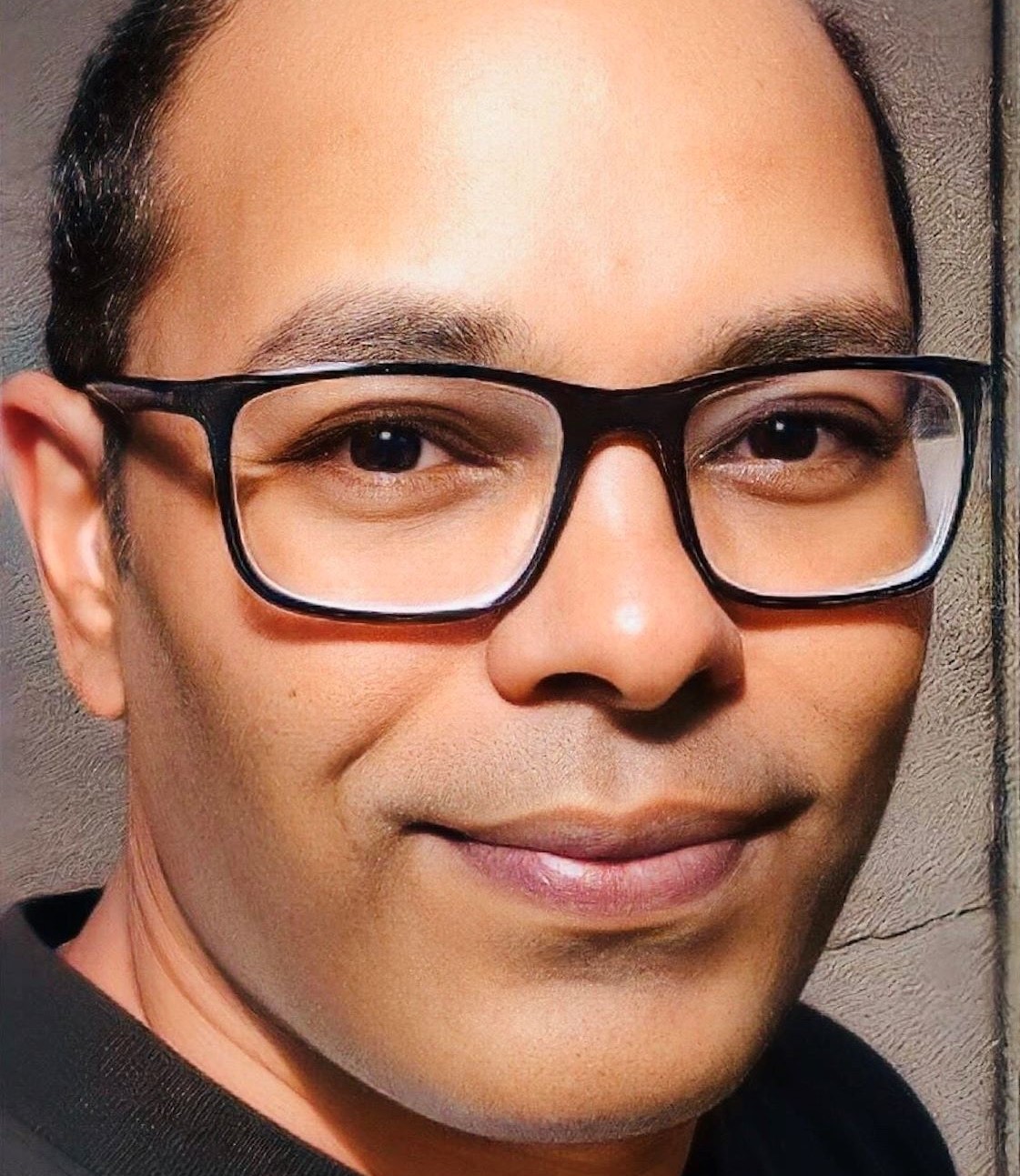 |
Mosavverul Hassan. Mosavverul Hassan is interested in practical applications of computational modeling and topology. His expertise lies in de-novo structure design for molecular recognition, where he applies the Kinematic Theory of Mechanisms to model complex small molecules, constrained peptides, macrocycles, and proteins. His current focus centers on developing accurate mathematical models for diverse chemical entities informed by the geometrical invariants to delineate molecular topology through intuitively defined geometrical parameters. (Coutsias lab) Program: PhD, Applied Mathematics and Statistics at Stony Brook University |
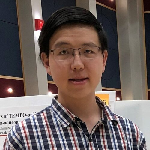 |
Yuzhang Wang. I am developing an improved generalized Born implicit solvent model for protein folding simulations. I have also collaborated in the study of SARS-CoV-2 spike protein dynamics. (Simmerling lab) Program: PhD, Chemistry at Stony Brook University |
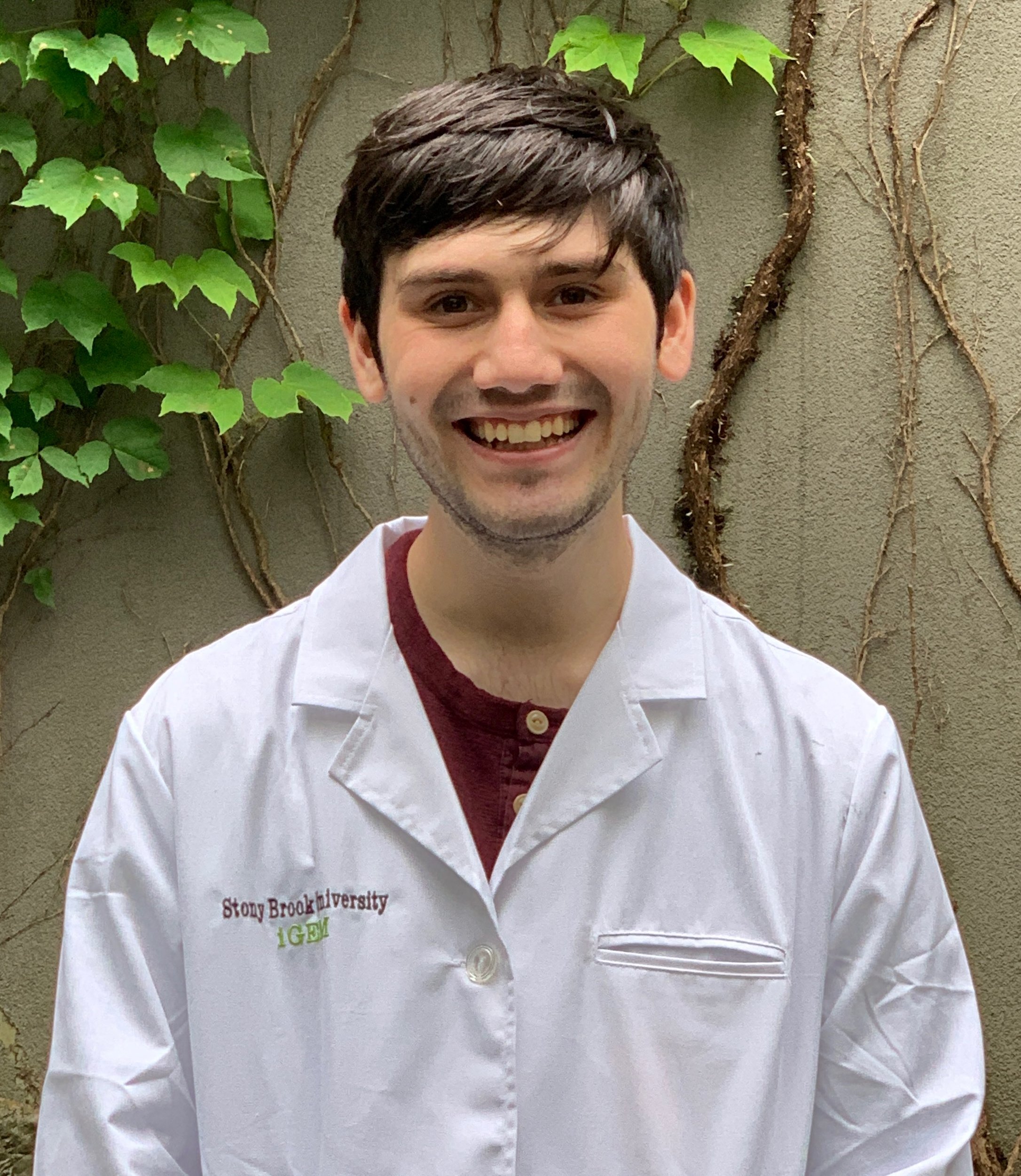 |
Christopher Helenek. I am a current Ph.D student in Biomedical Engineering under the guidance of Dr. Gabor Balazsi. I am interested in how cellular interactions can lead to and modulate cellular phenotypes, such as proliferation and motility. By combining synthetic biology approaches with computational modeling, I aim to develop a more predictive and quantitative understanding of these phenomena. (Balázsi lab) Program: PhD, Biomedical Engineering at Stony Brook University |
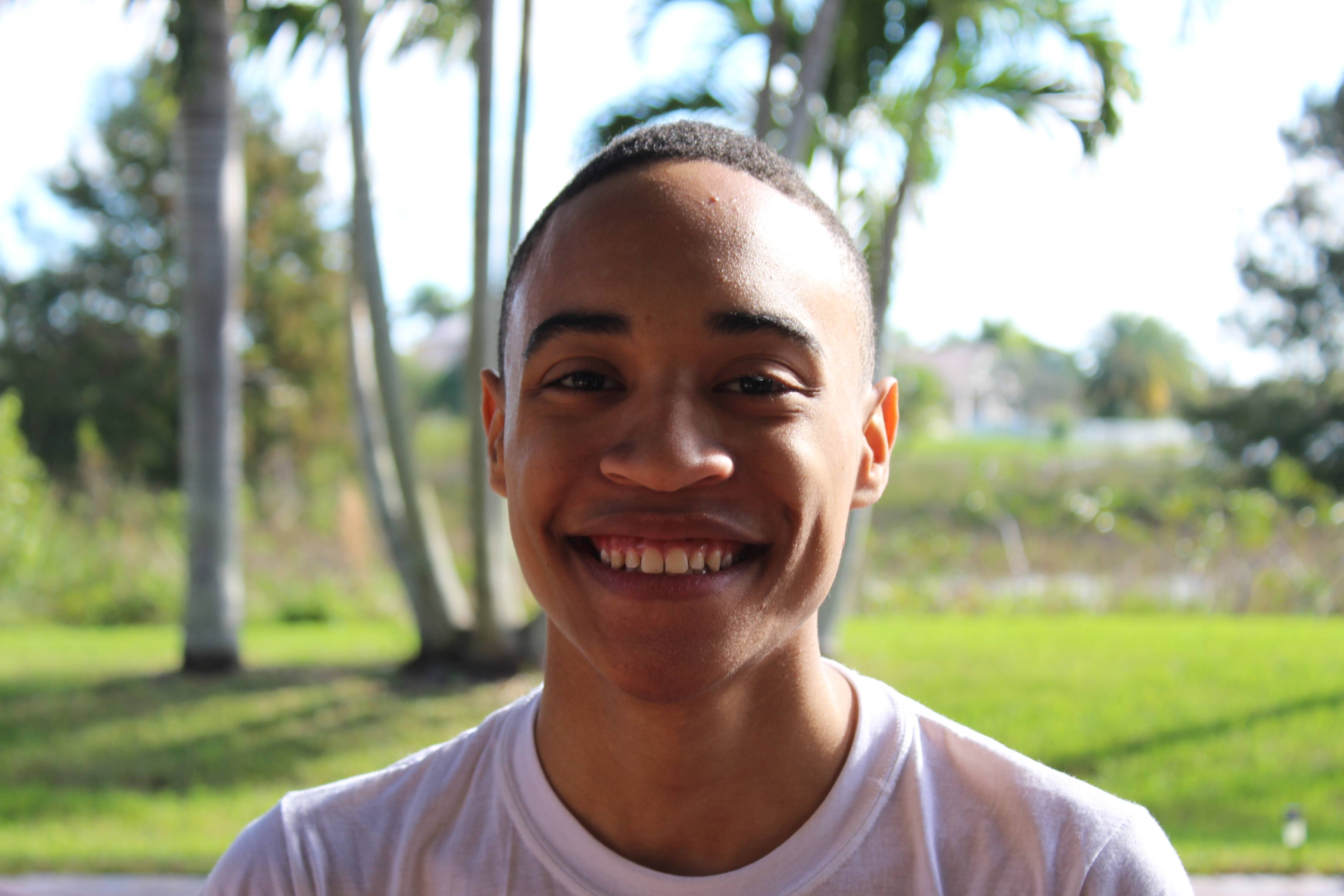 |
Juan Alcantara. I am interested in using molecular dynamics simulations to accurately simulate protein conformational dynamics and protein-ligand interactions. My current goal is to test multiple MD based techniques to refine ligand conformations that are initially generated via a faster (though less accurate) virtual screening process. My hope is that my work will aid in future drug discovery and optimization for relevant protein targets. (Simmerling lab) Program: PhD, Chemistry at Stony Brook University |
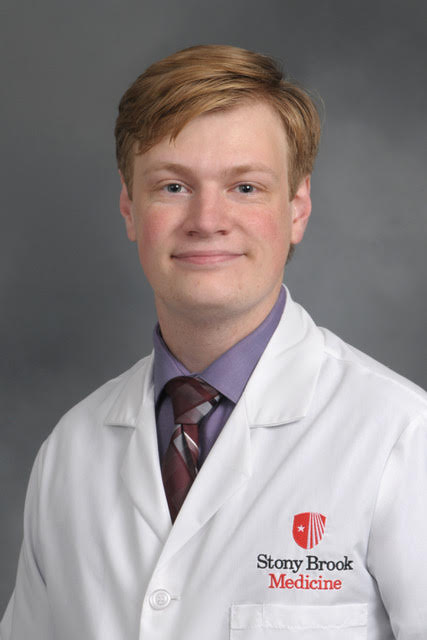 |
Anthony Chesebro. My work is focused on quantitative and computational approaches to neuroimaging, as well as multi-scale modeling of neurobiological processes. I am particularly interested in modeling cerebral metabolic dysfunction and applications to diagnostic biomarkers that appear in early states of pathology. (Mujica-Parodi lab) Program(s): PhD, Biomedical Engineering & MSTP at Renaissance School of Medicine, Stony Brook University
|
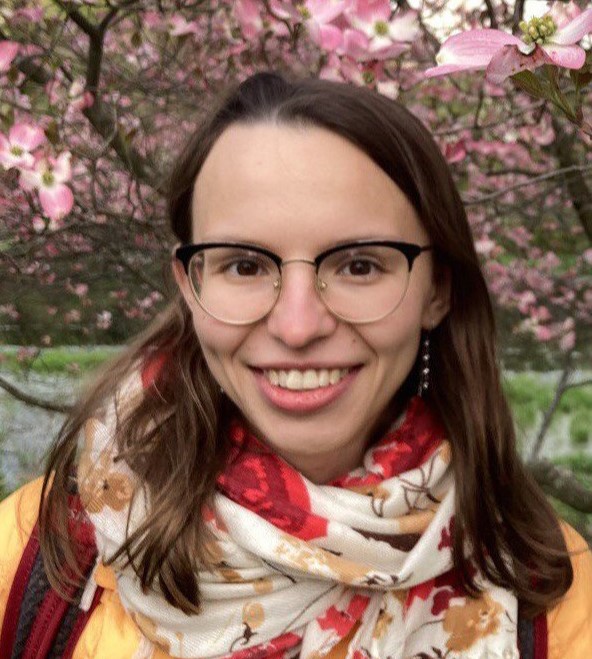 |
Darya Stepanenko. I study protein dynamics through structural analysis and physics-based molecular dynamics simulations. Most of my PhD research has been focused on the SARS-CoV-2 viral entry protein called Spike protein, its structural diversity and dependence on environmental conditions such as pH. (Simmerling lab) Program: PhD, Applied Mathematics and Statistics at Stony Brook University |
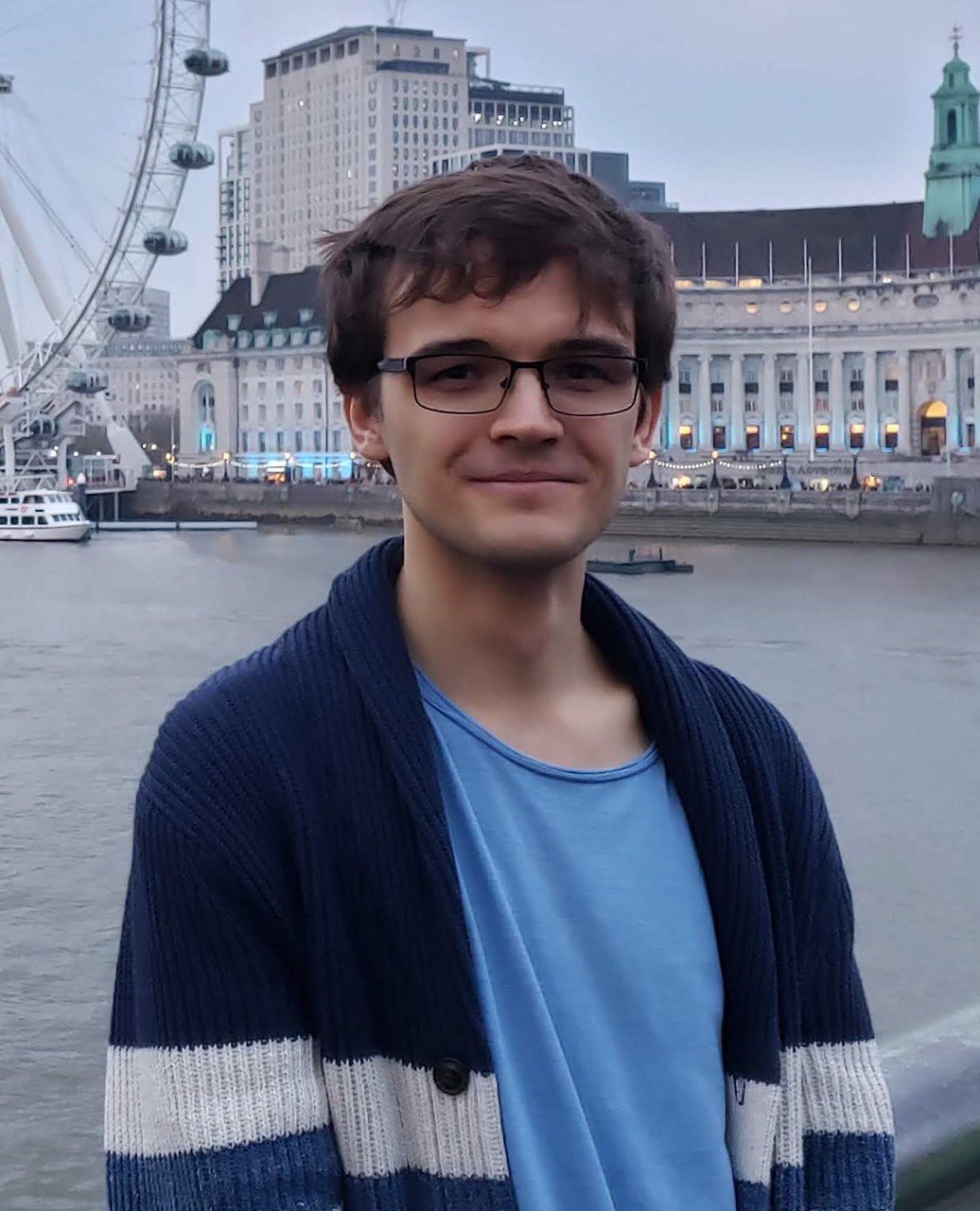 |
Sergei Kotelnikov. I develop efficient methods for modeling protein-protein, protein-small molecule interactions, and PROTAC ternary complexes. I also combine these methods with statistical physics tools to simulate the phase behavior of protein solutions. (Kozakov lab) | Citations Program: PhD, Applied Mathematics and Statistics at Stony Brook University |
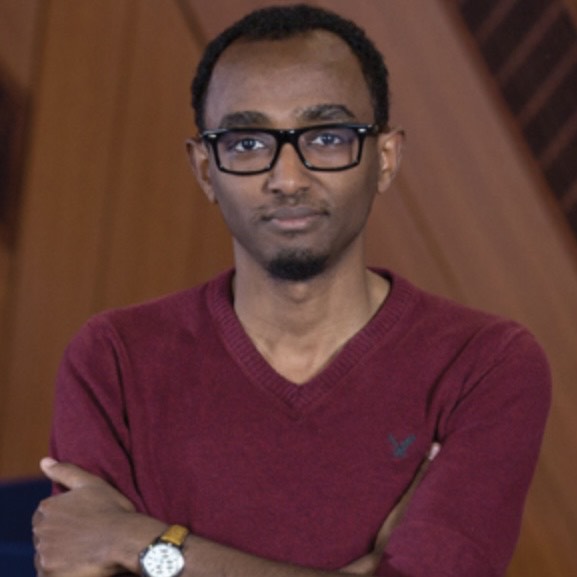 |
Derara Hailemar Hailegeorgis. I develop algorithms for modeling molecular interactions and liquid phase separation. My broader interest lies in mathematical modeling. (Kozakov lab) Program: PhD, Applied Mathematics and Statistics at Stony Brook University |
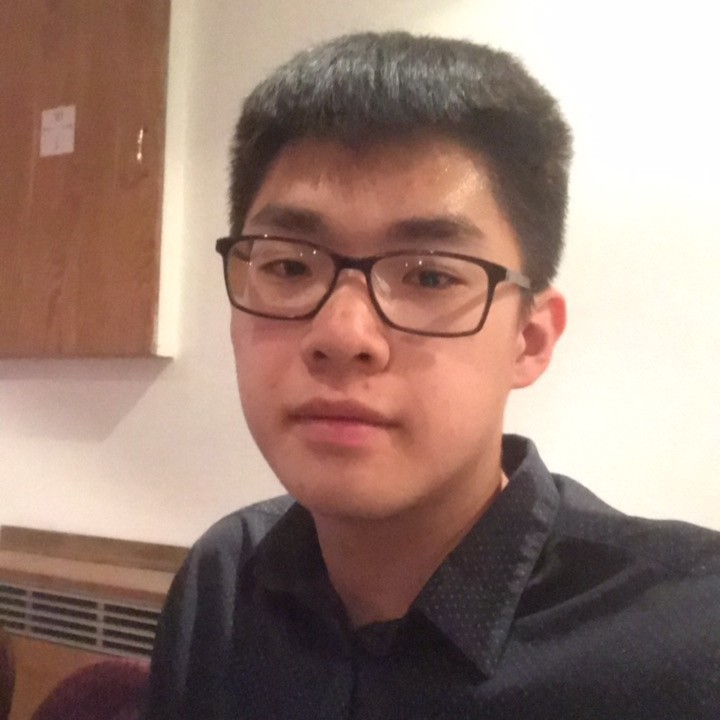 |
Xiaogang (Stan) Li. I am currently working on PROTAC modeling and design, structural biology and biochemistry. More specifically, I am trying to answer questions about mechanistics of PROTACs, find ways to increase their specificity, and find new systems PROTACs can be applied for. At the same time, I am developing a method for discovering molecular glue degraders. (Kozakov lab) Program: PhD, Applied Mathematics and Statistics, Computational Biology Track at Stony Brook University |
 |
Yimin Zhu. My work is on developing deep learning AlphaFold2-based models for binding and structure prediction of MHC complexes. (Kozakov lab) Program: PhD, Computer Science at Stony Brook University |
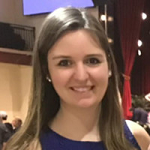 |
Lauren Raguette. I am developing force field parameters for use with Amber, in order to improve the accuracy of biomolecular simulations. (Simmerling lab) Program: PhD, Chemistry at Stony Brook University |
 |
Diksha Parwana. My research interests broadly include structure-based drug design and molecular modeling. With enhanced biophysics understanding of the mechanisms underlying biomedically relevant processes, I am interested in expediting the development of novel therapeutics. (Bahar lab) Program: PhD, Biochemistry and Structural Biology and Stony Brook University |
 |
Ryota Ashizawa. My research interest lies in the application of molecular-scaled simulations to the real-world issues that biology can solve. (Kozakov lab) Program: PhD, Applied Mathematics and Statistics at Stony Brook University |
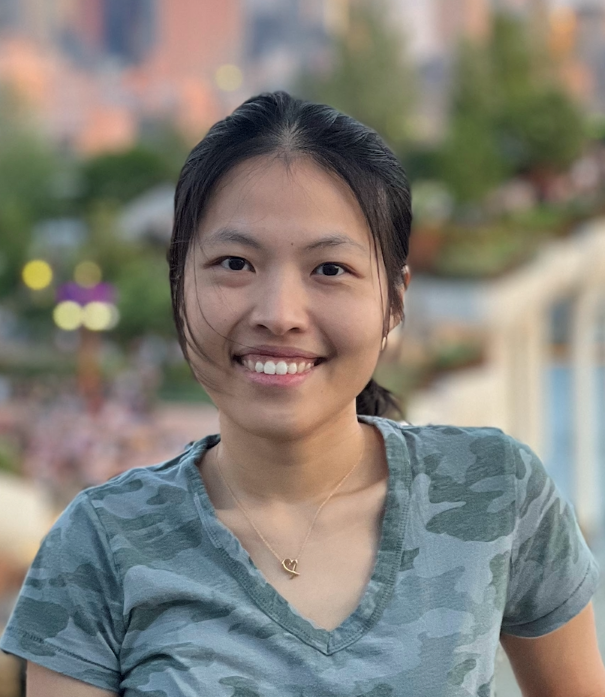 |
Thu Nguyen. My research interest is building deep-learning models to improve predicting protein structures and protein interactions with other molecules. (Kozakov lab) Program: PhD, Computer Science at Stony Brook University |
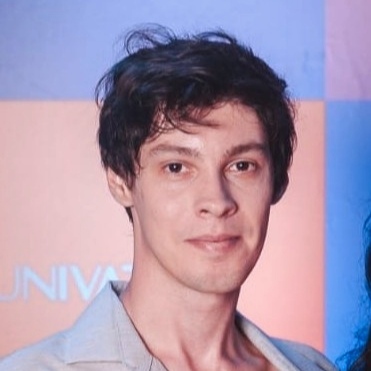 |
Bruno Rampanelli Dahmer. My research uses computational methods and structural biology to propose a rational protein engineering approach aimed at improving the thermostability of an enzyme involved in the biocatalysis of PET plastic and its monomer. (Wymore lab) Program: PhD, Biotechnology at the University of Taquari Valley, Brazil (visiting scholar) |
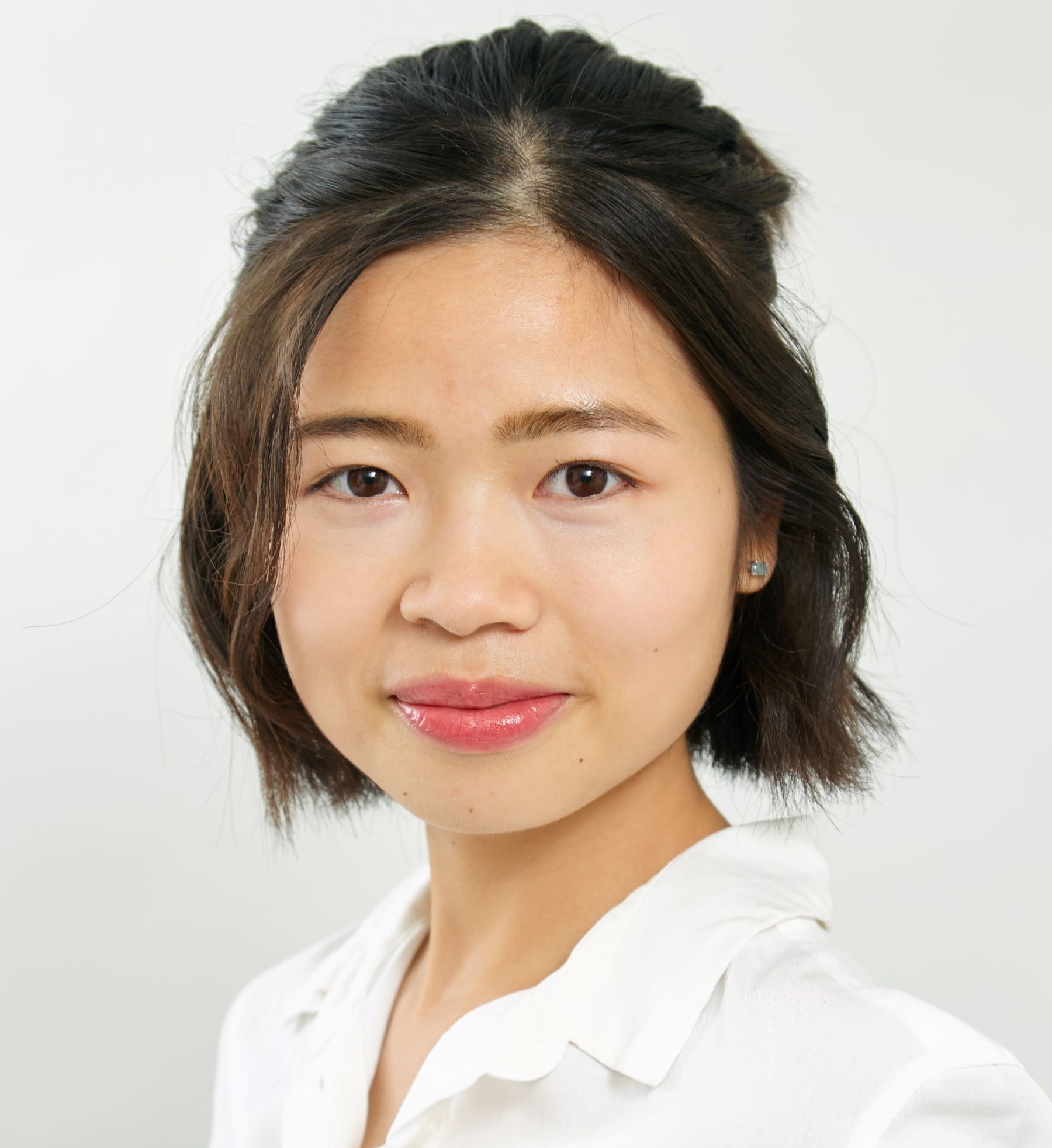 |
Ming Suet (Isabelle) Kwan. To enhance precision and equity in medicine, my current study focuses on allosteric regulation of protein function. I aim to accelerate drug discovery by taking advantage of computationally derived structural and dynamic information and translate experimental data into personalized medicine. (Rotation: Bahar lab) Program: MSTP at Renaissance School of Medicine, Stony Brook University |
Graduate Students
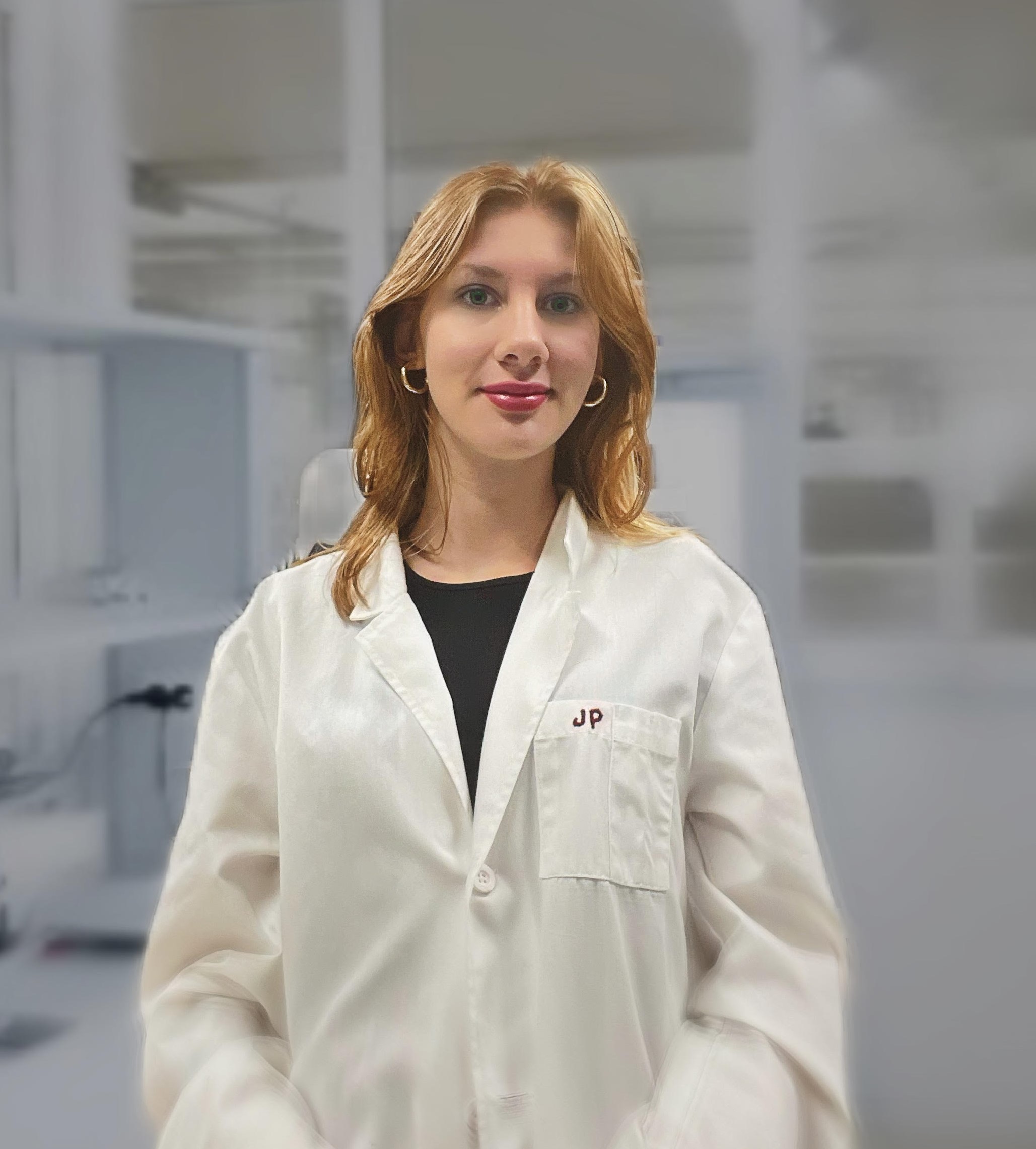 |
Julia Petreczky. I am interested in the design and reading of synthetic genetic circuits modulated by chemical inducers and their potential applications in biomedicine. My current project focuses on the integration and characterization of a genetic toggle switch based on steric hindrance in mammalian cells. (Balázsi lab) Program: MS, Chemistry at Stony Brook University |
Undergraduate Students
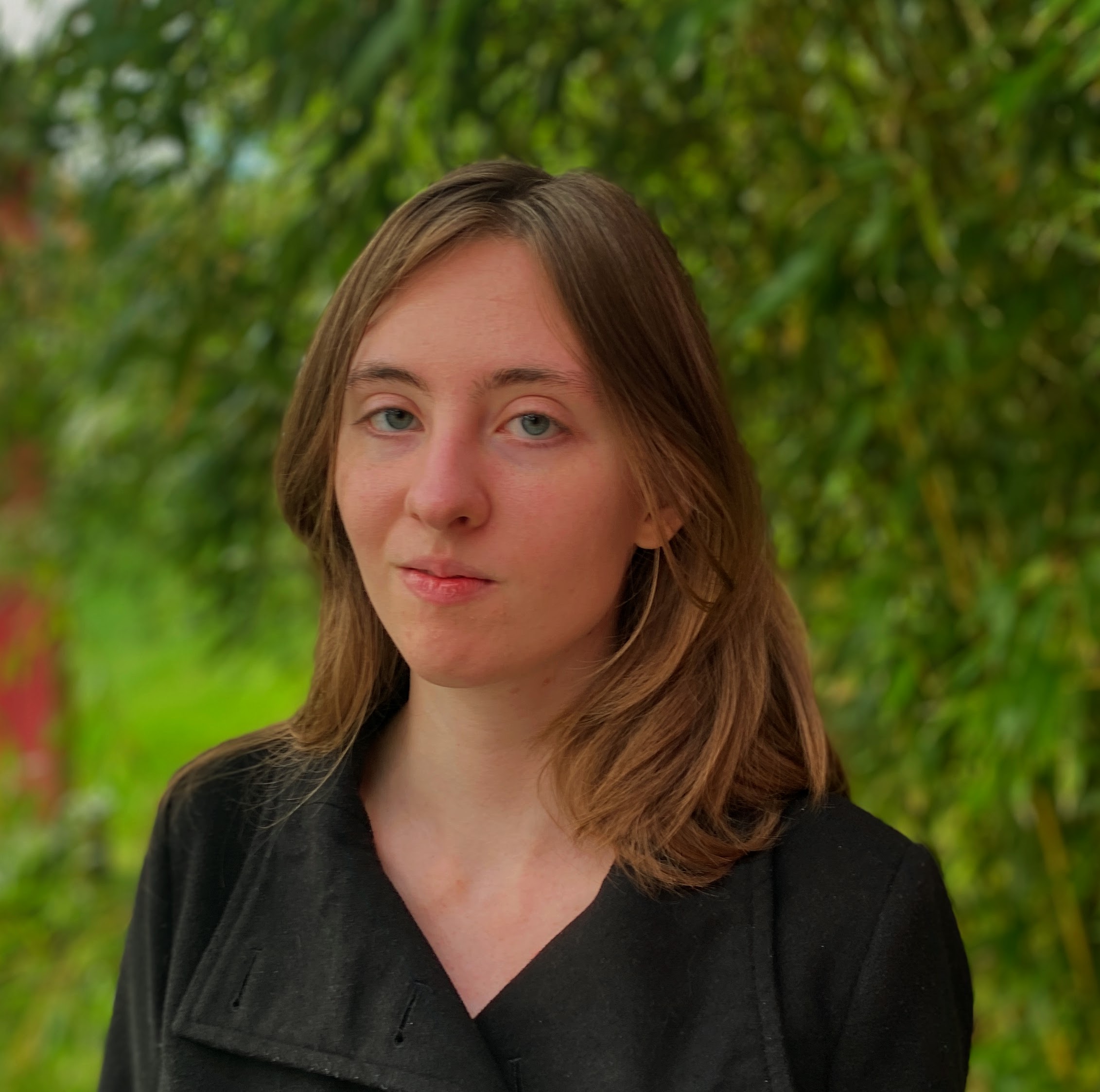 |
Leah Hinners. I am an undergraduate currently pursuing a B.S. degree in Quantitative Biology. My background is primarily rooted in biology, and I have previously done research in biochemistry. About halfway through my degree, I developed an interest in the computational and mathematical aspects of the field, and am currently pursuing this interest as an intern in the Bahar Lab, where I will be helping to investigate ways of predicting the pathogenicity of missense mutations. Program: B.S., Biology (Specialization: Quantitative Biology and Bioinformatics) at Stony Brook University |
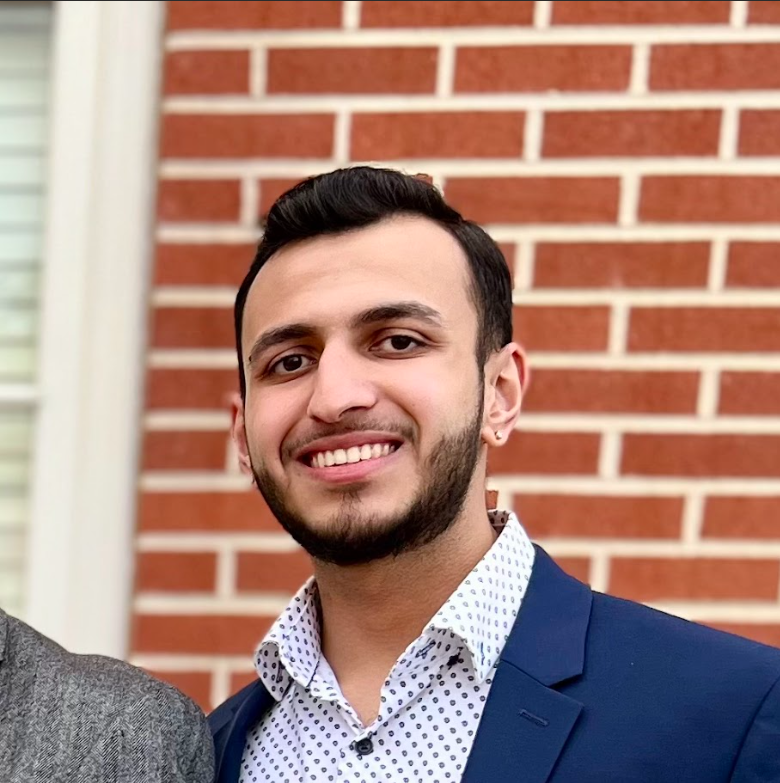 |
Harshul Bhatt. My research focuses on investigating proton-coupled electron transfer (PET) reactions through the use of quantum chemistry methods. Specifically, I am exploring active site models of photoreceptors that are important for various biological functions including circadian rhythms. Of particular interest will be to reveal how small changes to the charge distributions in the excited state lower the barrier for PET reactions, the effect of the surrounding implicit solvent, and the contributions of active site moieties to the energetic landscape. (Wymore lab) Program: B.S., Chemistry (Specialization(s): Biological and Environmental Chemistry), Minor in Biology at Stony Brook University |
